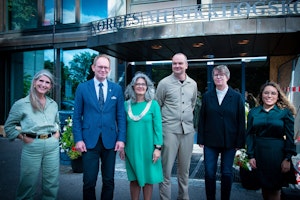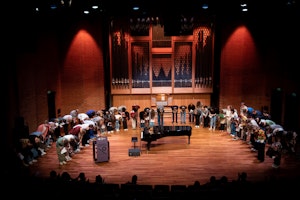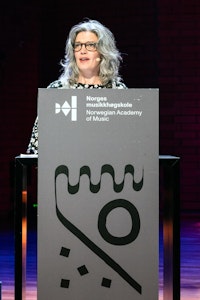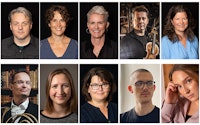Ladies and gentlemen, esteemed guests, and dear students.
It is my great pleasure to welcome you all here today. To our new students embarking on this exciting journey of learning and discovery, welcome to the start of what I hope will be a transformative and inspiring chapter in your lives. To our returning students, who continue to build on their knowledge and skills, welcome back—your dedication and passion are what make this community thrive.A warm welcome as well to the members of our administration and our devoted teachers. Finally, I extend a special welcome to the representatives of the Ministry of Higher Education. Your support and leadership are vital in shaping the future of our educational landscape, and we are honoured to have you with us today. Together, we form a community dedicated to learning, creativity, and pursuing excellence. I am thrilled to be here with all of you as we embark on another year of growth, exploration, and achievement.
When I first began my journey into music education, I had a different vision of where I would end up. Like many of you, I had a dream school in mind, a place I thought would be the perfect fit for my ambitions and passions. However, life has a way of surprising us, and sometimes, the paths we don’t initially choose turn out to be the ones that lead us to where we truly belong. To be completely honest, NMH was not my dream school at first. I set my sights on other institutions, places I believed would offer me precisely what I sought. But as circumstances changed, I found myself considering NMH, a school I hadn’t even visited, a country i hadn’t put a foot on.









